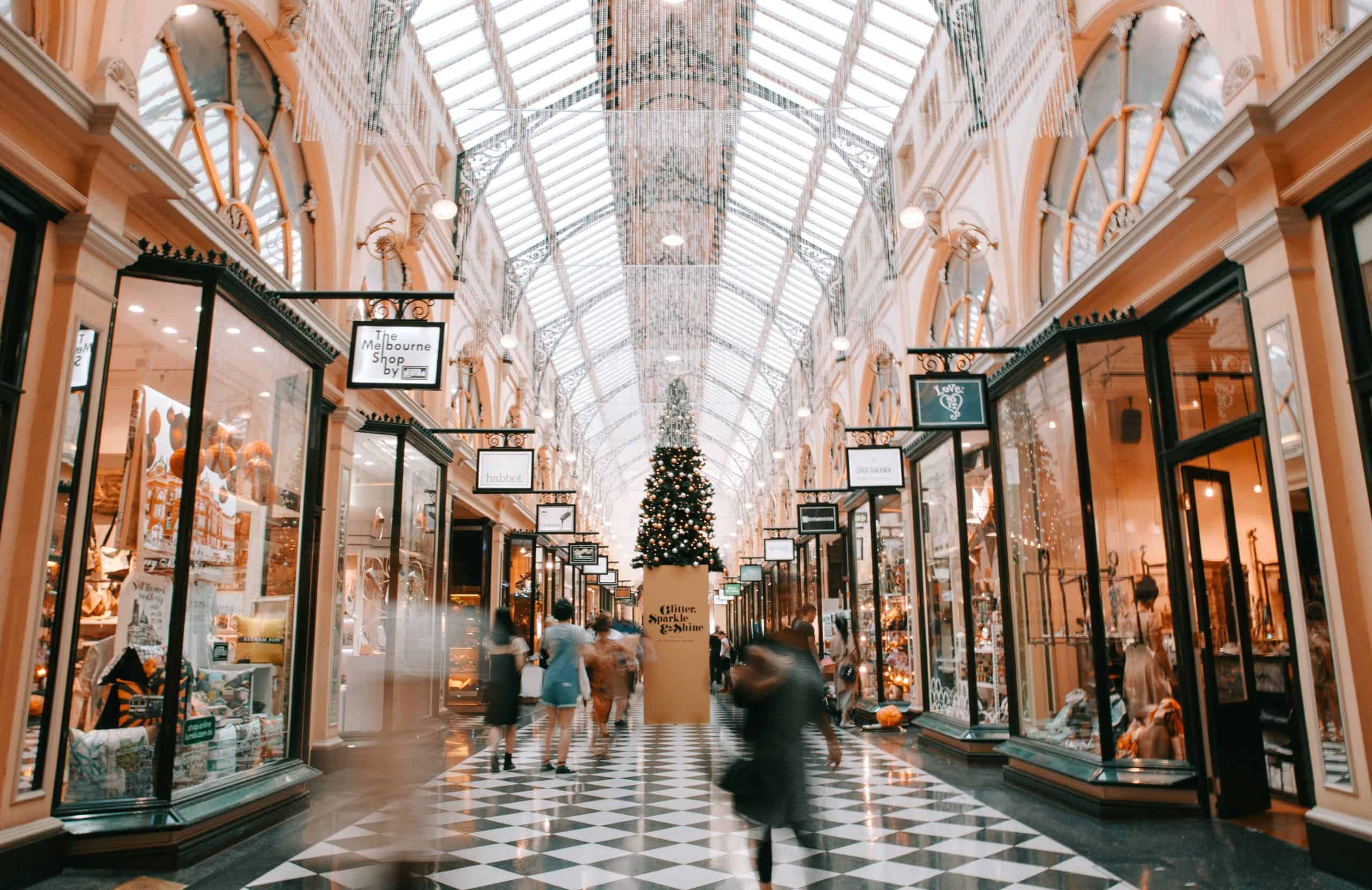
Why tech will be the key to a cracking Christmas for retailers
The rollercoaster ride of 2020 has no doubt been the most hair raising for retailers.
The initial COVID-19 enforced UK lockdown, lasting three and a half months, had a devastating impact on many retailers. More than one in eight shops – over 5,500 – which temporarily closed in March have failed to reopen, according to analysis by the Local Data Company and PWC. Closures have contributed to an estimated 125,000 job losses in the retail sector this year, according to the Centre for Retail Research.
When the first lockdown was lifted, retailers received a boost as footfall increased. August’s volume of goods sold in stores and online was 2.8 per cent larger than in the same month last year, the fastest annual increase since October 2019 and 4 per cent higher than in February, before the lockdown.
Just as retailers’ hopes had been raised, an increase in COVID-19 infection rates has led to further lockdowns across UK regions with non-essential shops in most areas unable to open. According to analysis from BRC, the forced closure of thousands of shops in England could cost non-essential retailers over £2 billion per week as the sector enters the all-important Christmas period.
Despite the apparent doom and gloom, many retailers have shown remarkable resilience. An ability to pivot and adopt an innovative attitude has enabled retailers to continue to attract customers and remain operational during the most testing of times. Here’s five examples of how the retail sector has harnessed tech to thrive in recent months:
-
Safe stores:
Tech has been crucial in allowing stores to re-open post lockdown and ensure a safe environment for staff and shoppers. Footfall monitoring, contactless payments and thermal scanners are among the tech growing in popularity in recent months. Another major trend is a move towards cashierless stores. Amazon
has expanded its physical grocery footprint to include dozens of Amazon Go stores where people can shop with no interaction with a human or a till.
-
Ecommerce personalisation:
Marks & Spencer is among the big retailers to increase its online capacity ahead of what it believes will be the ‘most digital Christmas yet’. Personalisation – using a combination of product and customer data to serve up the right content at the right time, to the right audience – is vital to enhance the online shopping experience. Some retailers, such as ASOS, also use cookie retargeting to change their homepage depending on the visitors’ previous browsing history and interest on their website.
-
Marketplace growth:
Retailers who want to extend their ranges at speed and start selling new product categories in response to changing consumer trends have been using online marketplaces to harness third-party sellers. Carrefour France, with the support of Babel PR client Mirakl, has opened up its online marketplace for free to small and local businesses.
-
Retail robotics:
Co-op is expanding its robot delivery network after the number of customers using them during lockdown more than doubled. Partnering with Starship Technologies, Co-op has offered same-day delivery via its autonomous robots in Milton Keynes since 2018. The robots are now being rolled out to six new locations.
-
Augmented shopping:
Retailers are also beginning to use augmented reality (AR) to reimagine the digital shopping experience with virtual store fronts. Retailer Kohl’s has collaborated with Snapchat to create Kohl’s AR Virtual Closet. Using a smartphone and the Snapchat app, consumers can step inside an AR dressing room and make purchases.
-
No need to queue:
Marks & Spencer launched a “Book & Shop” online reservation service – customers can book a guaranteed slot to shop at their local store that sells food and grocery – removing the need to queue. The service is available for use at 566 M&S food halls and larger M&S stores containing food halls.
The question of how retailers can have a successful festive period will be under discussion at the next Babel PR webinar, taking place on 10 November 2020.
Among the topics under discussion:
- The role of retail tech PR and marketing professionals in revitalising the sector
- How brands can stand out and make their voices heard
- How retailers can tailor their communications to enhance personalisation and boost customer loyalty
You can register via the Babel website to hear the views (and ask questions) of our panellists:
- Andrew Goodacre, CEO, British Independent Retailers Association
- Alex Sword, Editor, Internet Retailing
- Courtney Roe, Head of Global Content Strategy, Widen
- Steve Williamson, General Manager EMEA, Acquia





